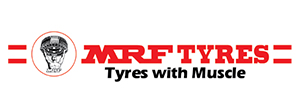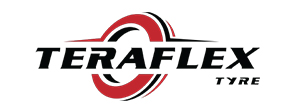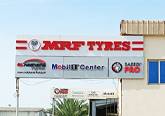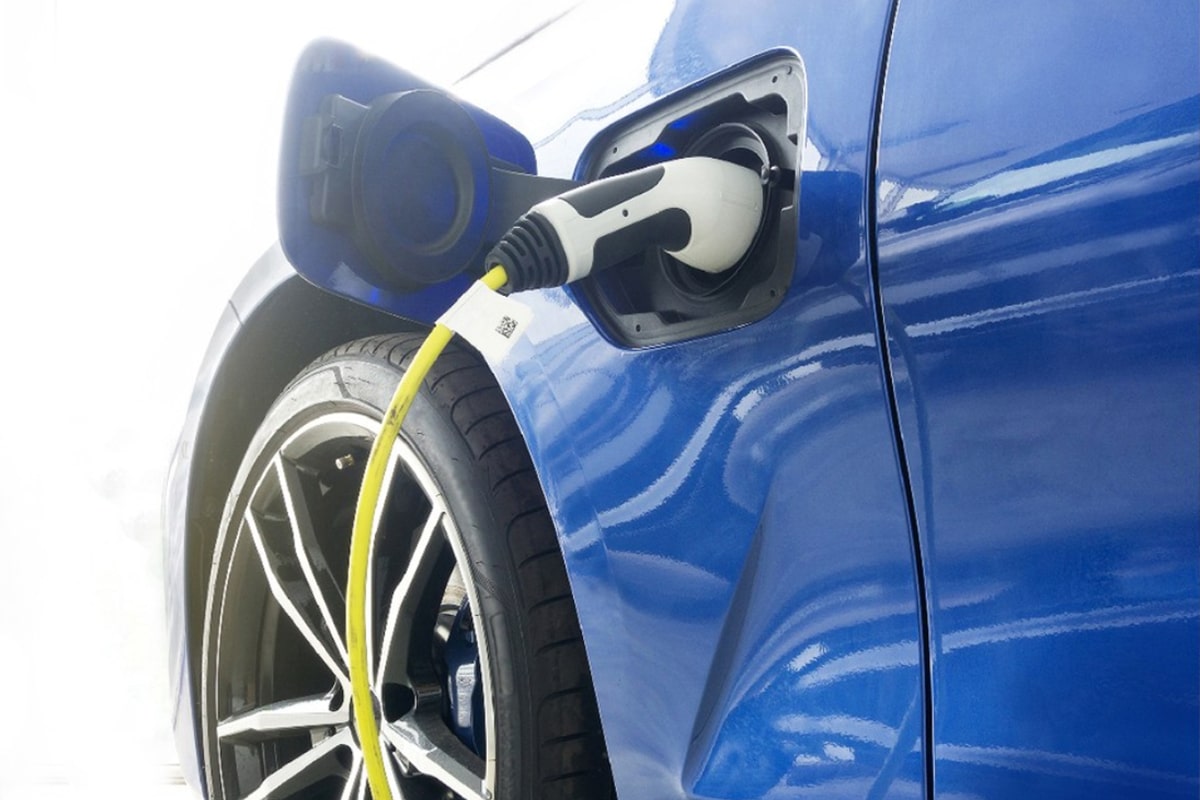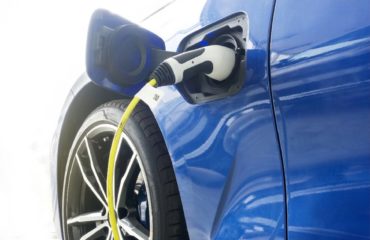Battery Electric Vehicles (BEVs), commonly called Electric Vehicles (EVs) use a battery (as the fuel) and an electric motor at the heart of the powertrain. The battery replaces petrol or diesel as power fuels, and the electric motor replaces the Internal Combustion Engine (ICE) compared to traditional cars. On Dubai roads, you find all kinds of Electrical Vehicles from Tesla, BMW, Porsche, Mercedes, Hyundai, Ford, Chevrolet, Lexus, and many more.
As EVs increase, it is essential to know more about tyres meant or compatible for Electrical vehicles.
Electric vehicles have many advantages: better mileage, environment-friendly, lower maintenance cost, improved acceleration and a better driving experience.
Do Electrical Vehicles Need Special Tyres?
The short answer is YES; electric vehicles need special tyres otherwise it is subject to compatibility in line with OE recommendations. This is on account of mainly the following reasons:
Increased Weight of Electrical Vehicles
An Electrical Vehicle is, on average, 30% heavier than a regular vehicle, primarily on account of lithium batteries.
Thus, the Electric Vehicle that can handle the increased weight and deliver the best durability and performance. So the tyres need to be constructed differently, including sturdier sidewalls and more robust rubber compounds to give additional strength to the tyre. Due to this, EV tyres may carry the HL loading mark, i.e. they are geared for carrying the higher loads.
Greater Braking Distance
Due to the greater mass of an electric vehicle and the resulting increased inertia, the braking distance increases. This calls for improved grip and traction on the tyres for electric vehicles.
Increased Friction
The increased weight raises the friction between the ground and the tyre. So, there is a requirement for the EV tyre to have lower rolling friction. This will increase the distance that the vehicle can cover in a single charge. Different treads and patterns are required to reduce rolling friction.
High Instant Torque/Pickup
An electric vehicle’s powertrain has an electrical motor, which delivers high instant torque, which results in higher acceleration. This has its advantages and disadvantages: benefits include higher acceleration and performance, but the downside is that this could result in the tyres’ wear and tear. So, the tyres need to be designed to handle this instant acceleration and consequent increased wear and tear.
Low Noise
Electric Vehicles are powered by an electrical motor and thus are more silent than regular vehicles. Therefore, the EV tyres need to be designed with road noise reduction technology. In traditional petrol cars, the tyre road noise is masked by the engine noise.
Are EV tires more expensive?
Due to the above factors, EV tires are more expensive than tyres for similar cars. In addition, EV tyres are made of complex materials resulting in better rubber compounds that produce innovative tyre patterns. This protects against increased wear and tear of EV tyres on account of higher weight and higher instant torque. EV tyres also need to have low road noise features.
What Are the Best Electric Vehicle Tyres?
Most leading tyre manufacturers have come out with special tyres for Electric Vehicles. Some of the most popular and best tyres include:
- Nexen ROADIAN GTX EV
- Nexen NFERA Sport EV
- Continental EcoContact 6
- Michelin Primacy MXM4.
- Michelin Pilot Sport PS2
- Pirelli Cinturato P7 All Season Plus
- Bridgestone B Series 290
- Yokohama BluEarth AE50
- Goodyear Assurance Triplemax
Benefits of Using the correct Electric Vehicle Tyres
With the different driving conditions of Electric Vehicles, it is essential to have the appropriate EV tyres that ensure performance, efficiency, durability, comfort and safety. The benefits include:
Reduced Costs – Greater mileage and reduced wear and tear will lead to less frequent tyre changes thus reducing operational costs.
Improved Driving Comfort – Less Noise, Smooth pickup, and a quieter cabin will give you a comfortable driving experience.
Improved Safety – Special treads and patterns ensure better grip and shorter braking distance, translating into improved safety for EV passengers.
Tips for the Best Performance from your BEV Tyres
To get the best out of your BEVs, follow these simple tips:
Tyre Inspection for Wear and Tear
Regularly check the tyres for air pressure, punctures, cuts, objects stuck between the treads, uneven wear and tear, and the depth of the grooves. With electric cars, the inside edge of the tyres tends to wear down faster, so keep an eye out for that.
Wheel Balancing and Alignment at Specified Intervals
Perform regular wheel balancing, and alignment at company-specified intervals or if you observe vibration or uneven wear and tear. This will preserve the tread and help the tyre last longer.
Changing Tyres at the Right Time
We need special EV tyres to maximise efficiency, performance, safety and driving comfort. So, visit any of our nine well-equipped Saeedi Pro retail outlets to buy tyres for your electric vehicle. Our trained and experienced technicians will help you choose the most suitable tyres for your car and provide you with maintenance tips for your Electric vehicle.









